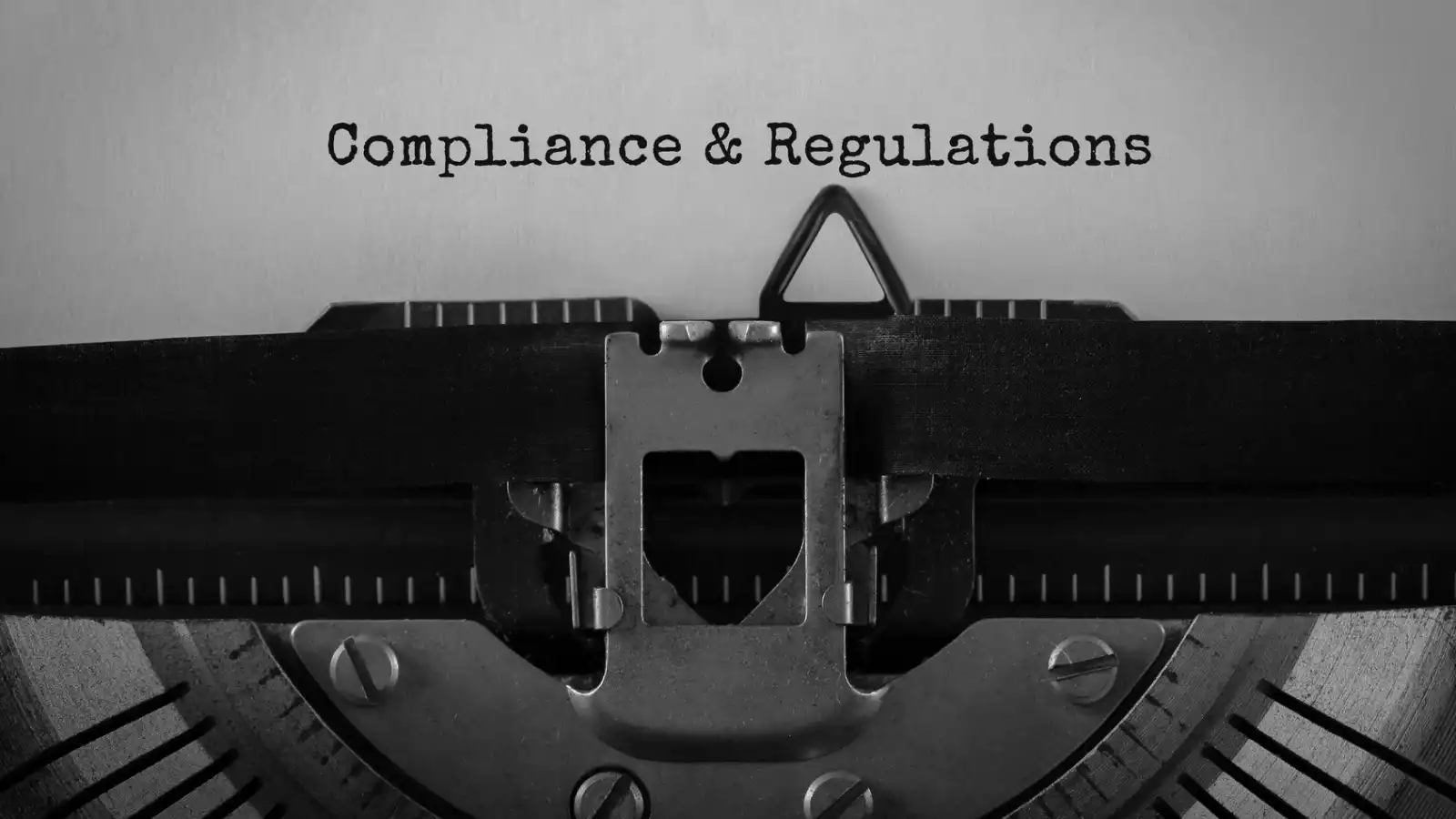Since the 2020 COVID pandemic, many employers are struggling to comply with laws in states where their remote workers are located—places where they haven’t operated before. For you, that may include the Commonwealth of Massachusetts. As an employer in the Commonwealth, you need to understand the complexities specific to Massachusetts salary laws, hiring, and employing workers. In this article, we’ll discuss Massachusetts wage and hour laws, all of which are referenced in the Wage and Hour section of the Mass.gov website. We’ll also identify several resources you can use to make sure you’re compliant with these regulations.
A Guide to Massachusetts Wage And Hour Laws
Minimum Wage
Effective January 1, 2019, the minimum wage for most employees became $12.00 per hour. Since then, it has been increasing by $0.75 each year, and will continue to do so until 2023, when minimum wage will reach $15.00 per hour.
| January 1, 2022 | $14.25 per hour |
| January 1, 2023 | $15.00 per hour |
A note regarding service employees and the minimum wage:
Service employees who earn tips must earn at least the minimum wage. In some circumstances, the employer may pay these workers the service rate. However, the hourly tips, plus the hourly service rate, must add up to at least the minimum wage. If the service rate plus tips does not add up to at least the hourly minimum wage, the employer must pay the difference.
9 Massachusetts Wage & Hour Requirements For Employers
1. Meal Breaks
In Massachusetts, workers have the right to at least a 30-minute meal break for every 6 hours worked in a calendar day. During their meal breaks, workers must be free of all duties. They must also be free to leave the workplace. This break may be unpaid. Employers may require workers to take their meal breaks.
2. Reporting Time
Massachusetts’ minimum wage law requires employers to pay employees for a minimum of three hours of work at the minimum wage when the employees:
- are scheduled to work a shift that is three hours or longer;
- report to work at their scheduled time; and
- do not end up working at least three hours.
3. Overtime
Most hourly (non-exempt) employees who work more than 40 hours in any week must be paid overtime. Overtime pay is at least 1.5 × the regular rate of pay for each hour over 40 hours.
Learn more about compliance requirements for your hourly, salaried, exempt, and non-exempt employees in this free guide.
4. Massachusetts Blue Laws
Massachusetts Blue Laws control which businesses may legally operate on Sundays and some legal holidays. Various retail and non-retail businesses are allowed to operate on those days, but some retailers must pay premium pay to workers. Special rules also apply to factories and mills, and to the sale of alcoholic beverages.
If any business falls within one of the 55 exemptions that allow work on Sundays, it may also operate on most legal holidays. For example, restaurants, pharmacies, and hotels may operate on Sundays and holidays. The Alcoholic Beverages Control Commission regulates when alcoholic beverage retailers may be open.
5. Payment of Wages
Massachusetts workers have a right to receive their wages, including tips, earned vacation pay, promised holiday pay, and earned commissions that are definitely determined, due and payable. A worker’s pay (or wages) must include payment for all hours worked.
According to Massachusetts Wage and Hour laws, hourly workers must be paid every week or every other week (bi-weekly). The deadline to pay depends on how many days an employee worked during one calendar week.
| Number of days worked | Deadline to pay |
|---|---|
| 5-6 days | 6 days after pay period ends |
| 1-4 days or 7 days | 7 days after pay period ends |
Specifics from the Mass.gov include the following:
- Workers who quit their jobs must be paid in full on the next regular payday or by the first Saturday after they quit (if there is no regular payday).
- Workers who are fired or laid off must be paid in full on their last day of work.
- Employers may require workers to be paid their wages through direct deposit, however, employers cannot choose the financial institution where workers will receive the funds.
- Workers cannot be charged a fee to have access to their pay.
6. Earned Sick Time Recordkeeping
According to Massachusetts’ Earned Sick Time Law, employers are required to track the accrual and use of earned sick time in most circumstances. Paid or unpaid sick time depends on the size of the workforce: Employers with 11 or more employees must provide paid sick time, while employers with fewer than 11 employees are not required to provide paid sick time (but must provide earned sick time).
According to Massachusetts’ Earned Sick Time Law, employers are required to track the accrual and use of earned sick time in most circumstances. Share on X7. Child Labor Laws
All Massachusetts employers must follow state and federal laws stating when, where, and for what length of time minors (people under 18) may work.
Parental Leave & Paid Family and Medical Leave (PFML) in Massachusetts
8. Parental Leave
Under the Massachusetts Parental Leave, formerly Massachusetts Maternity Leave in the Workplace law, the Commonwealth required employers to provide eight weeks of unpaid maternity leave to employees. The legislation also said that, despite it being called “maternity leave,” employers could not discriminate against males in applying it. In 2015, the language was updated to read unpaid parental leave.
Now, under the Massachusetts Parental Leave Act, employers with six or more employees are required to provide eight weeks of unpaid leave to employees for the birth or adoption of their child.
Parental leave runs concurrently with Paid Family and Medical Leave (PFML; see below). Employees are not eligible to take eight weeks plus an additional 12 weeks under PFML; they must run at the same time.
9. Paid Family and Medical Leave (PFML)
In 2018, Massachusetts signed into law a statute that provides paid family and medical leave benefits to workers. The PFML law provides temporary income replacement to eligible workers who are welcoming a new child into their family, are struck by a serious illness or injury, or need to care for an ailing relative; it also covers certain military considerations. The program is funded by employer and employee contributions.
Most workers in Massachusetts are eligible to get up to 12 weeks of paid family leave and up to 20 weeks of paid medical leave. The program is funded by employer and employee contributions, and is managed through the Department of Family and Medical Leave (DFML). You can learn more about this in our article, What employers should know about leave of absence requirements.
While PFML is a fairly new program, it is already changing. For example, for 2022, the rates of contribution have been reduced from .75% of eligible wages to .68% of eligible wages. The benefit amount has also increased from $850 per week in 2021 to $1,084.31 per week in 2022.
Additional Resources
These are just a few highlights of the myriad Massachusetts wage and hour laws and requirements employers need to know. To learn more about these laws, please consult the following:
- The Wage and Hour section of the Commonwealth of Massachusetts’ website
- Our free PTO Accrual Policy Template
- Our free Employee Leave of Absence Guide
- The Society of Human Resource Managers (SHRM) website





